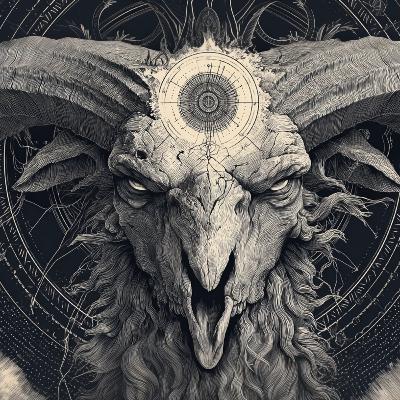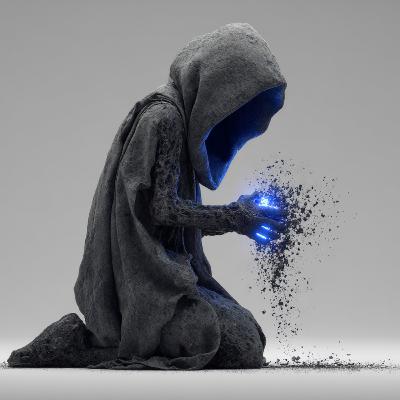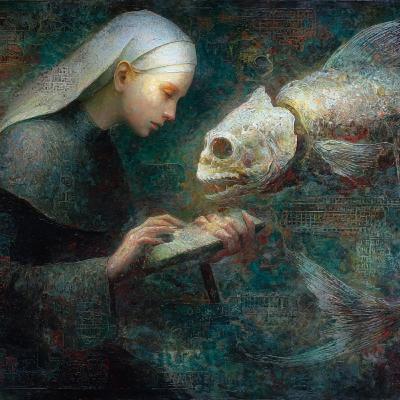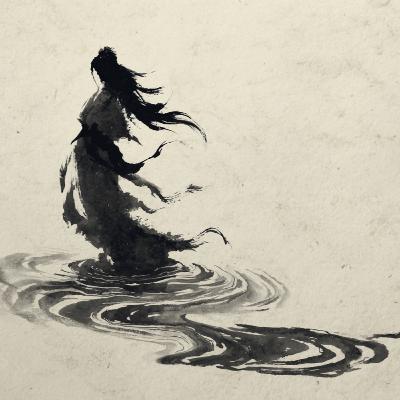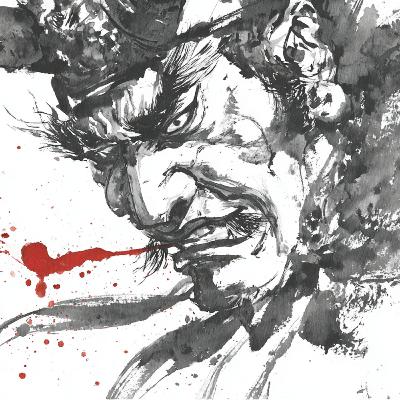The conceptual evolution of the "demon," from the neutral Greek daimon to the malevolent entity of Christian theology
Description
In this podcast, we explore the history of the "demon." It's a word we all know, but its meaning has changed dramatically. This episode traces that journey. We start in ancient Greece, where the daimon wasn't evil, but a neutral intermediary spirit, or for philosophers like Socrates, an inner guiding voice. So how did it become the purely evil entity we think of today? This episode explains the critical transformation during the Second Temple period, showing how a specific Greek translation, the influence of Zoroastrian dualism, and the apocalyptic myths of 1 Enoch (the Watchers and Nephilim) combined to create the "demon" found in the New Testament. We'll then discuss how Christian theologians like Augustine and Aquinas codified this idea of a fallen angel, which led to rituals of expulsion (exorcism) and the legal framework for the witch-hunts (Malleus Maleficarum). Finally, the podcast explores how modern occultism (like the Goetia) and psychology (Carl Jung's "Shadow") have re-interpreted the concept, effectively retrieving the original Socratic idea of the daimon as an internal force to be integrated, not expelled.

